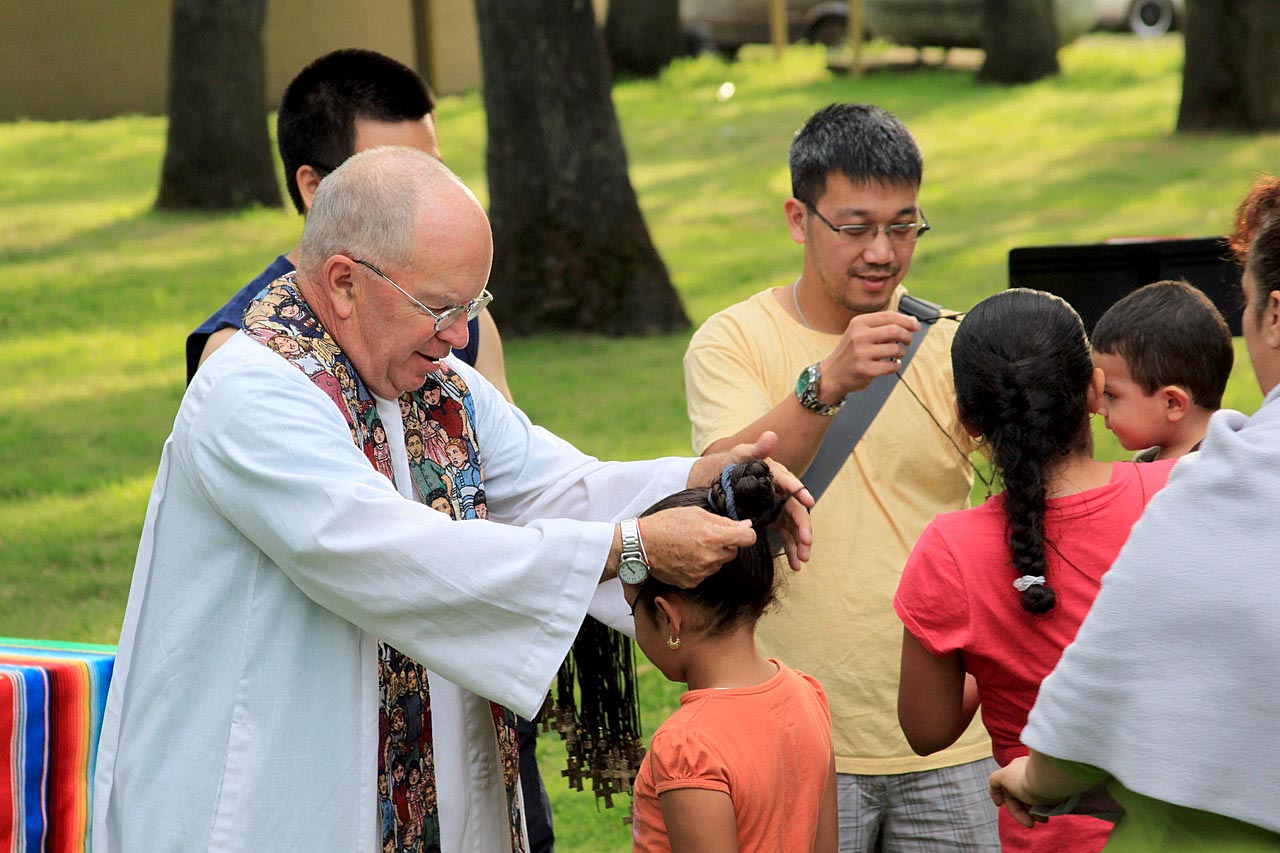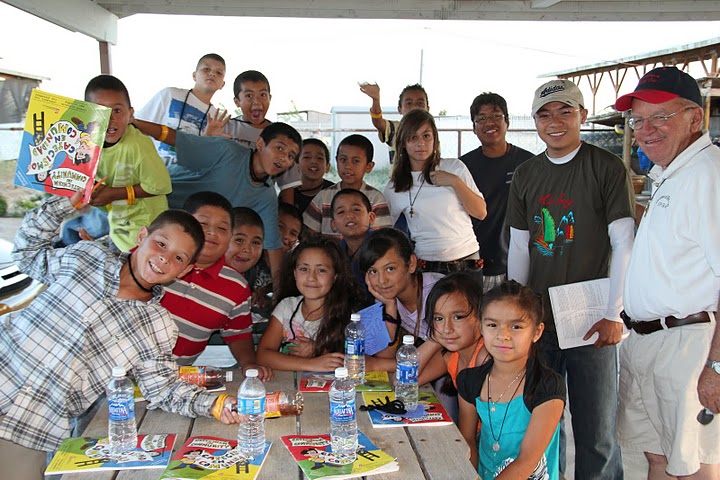To be “poor and for the poor” (Pope Francis)
“How I would like a Church which is poor and for the poor!”
The words of Pope Francis at the beginning of papacy, sound like the words of our Redemptorist founder, St. Alphonsus Liguori. For Alphonsus, his commitment to the poor was often tested, even by his own confreres. Many of the early members of the congregation came and left. It was not clear in the early years that this congregation would survive. Choosing to live and work with the poor was not a pious platitude for Alphonsus. Life was not easy for the early members.
“Being poor” is not easy. Insecurity is a constant for the poor. For some, poverty is not having the essentials of life, such as food and shelter. For migrants, there is a lack of security, especially when the political situation fails to recognize their desperation and their human dignity. Some have children and other depending on them and it places great stress on those who have insecure employment. Health prevents many from participating in ordinary life sustaining activity.
I spent a summer picking cherries with farm workers and lived in migrant camps so that I could experience the life of the migrant farmworker. I experienced the work and lived in some austere conditions, but there were many aspects of the campesino that I could never experience. I had security of life as a member of my Redemptorist community. I had health insurance. I knew that after the harvest, I would return to my religious community. I was not responsible for children or other people dependent on my income. It was a great summer experience and migrant farm workers appreciated my presence with them in the fields, but not only could I not fully know their poverty, the poor did not want their priest to experience their desperation.
As a Redemptorist, it is important to live simply with the poor, but more important, to be a true Redemptorist, I have to serve the “most abandoned.” I ask God for the grace to be “poor and for the poor.”
“¡Cómo me gustaría una Iglesia pobre y para los pobres!”
Las palabras del Papa Francisco al comienzo del papado, suenan como las palabras de nuestro fundador redentorista, San Alfonso de Ligorio. Para Alfonso, su compromiso con los pobres a menudo fue puesto a prueba, incluso por sus propios cohermanos. Muchos de los primeros miembros de la congregación vinieron y se fueron. No estaba claro en los primeros años que esta congregación sobreviviría. La elección de vivir y trabajar con los pobres no era un piadoso sueño para Alphonsus. La vida no fue fácil para los primeros miembros.
“Ser pobre” no es fácil. La inseguridad es una constante para los pobres. Para algunos, la pobreza es no tener lo esencial para la vida, como comida y refugio. Para los migrantes, existe una falta de seguridad, especialmente cuando la situación política no reconoce su desesperación y su dignidad humana. Algunos tienen hijos y otros dependen de ellos, lo que supone un gran estrés para quienes tienen un empleo inseguro. La salud impide que muchas personas participen en actividades ordinarias de soporte vital.
Pasé un verano recogiendo cerezas con los trabajadores agrícolas y viví en campamentos de migrantes para poder experimentar la vida de los trabajadores agrícolas migrantes. Experimenté el trabajo y viví en unas condiciones austeras, pero había muchos aspectos del campesino que nunca pude experimentar. Tenía seguridad de vida como miembro de mi comunidad redentorista. Tenía seguro médico. Sabía que después de la cosecha volvería a mi comunidad religiosa. No era responsable de los niños ni de otras personas que dependieran de mis ingresos. Fue una gran experiencia de verano y los trabajadores agrícolas migrantes apreciaron mi presencia con ellos en los campos, pero no solo no podía conocer completamente su pobreza, los pobres no querían que su sacerdote experimentara su desesperación.
Como redentorista, es importante vivir simplemente con los pobres, pero más importante, para ser un verdadero redentorista, tengo que servir a los “más abandonados”. Le pido a Dios la gracia de ser “pobre y para los pobres”.






